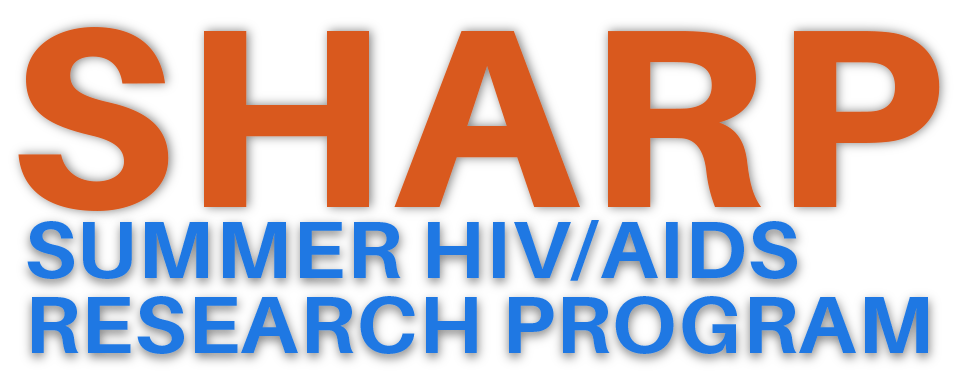SCHOLARS 2014
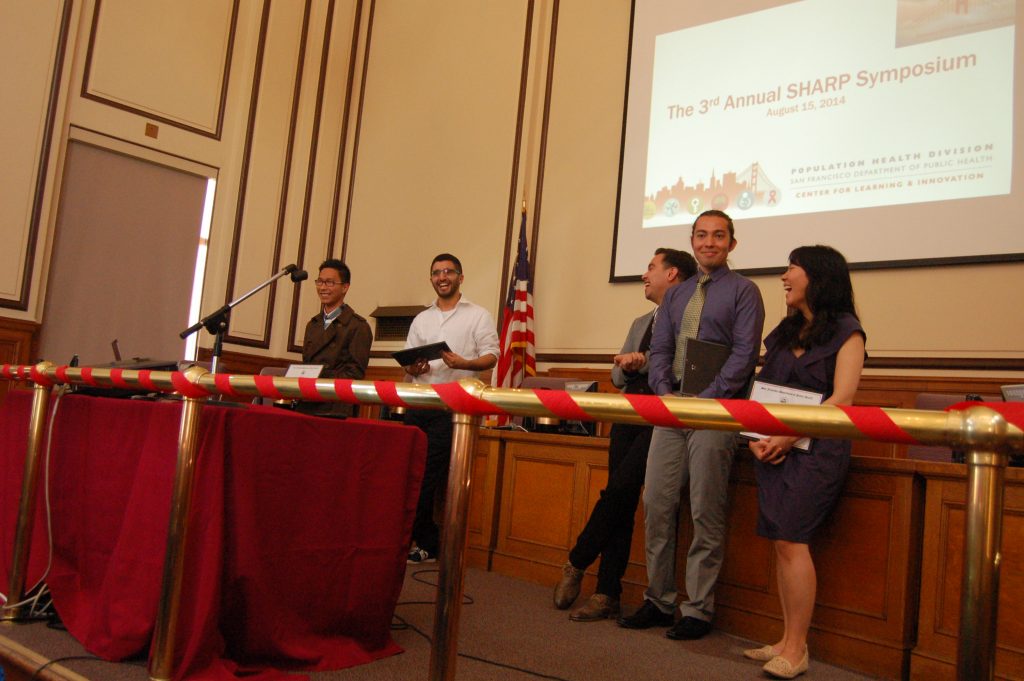
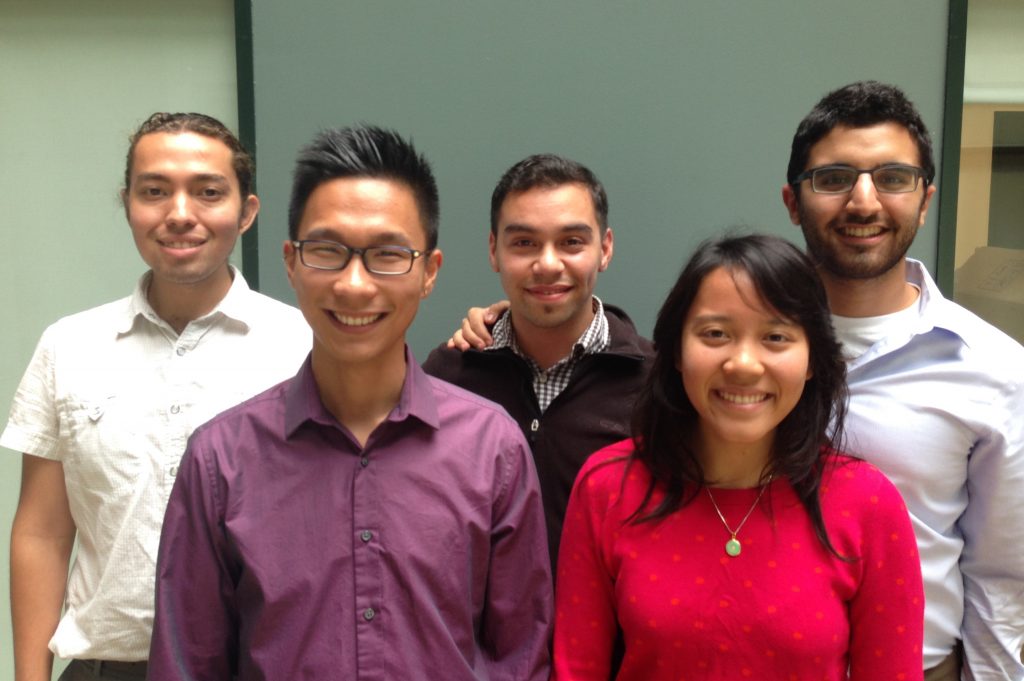
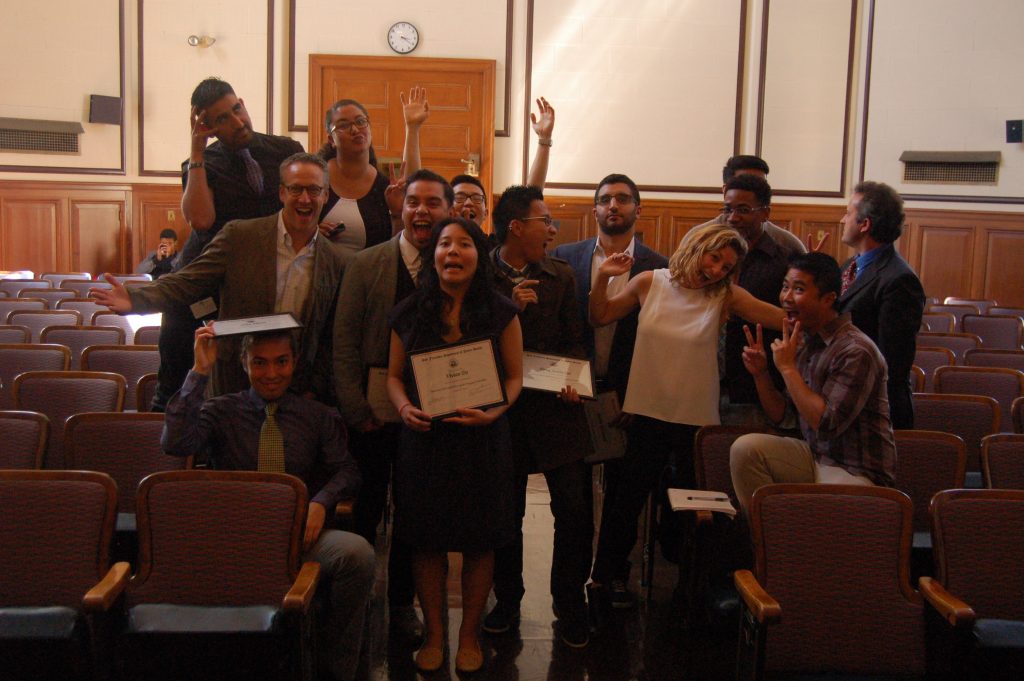
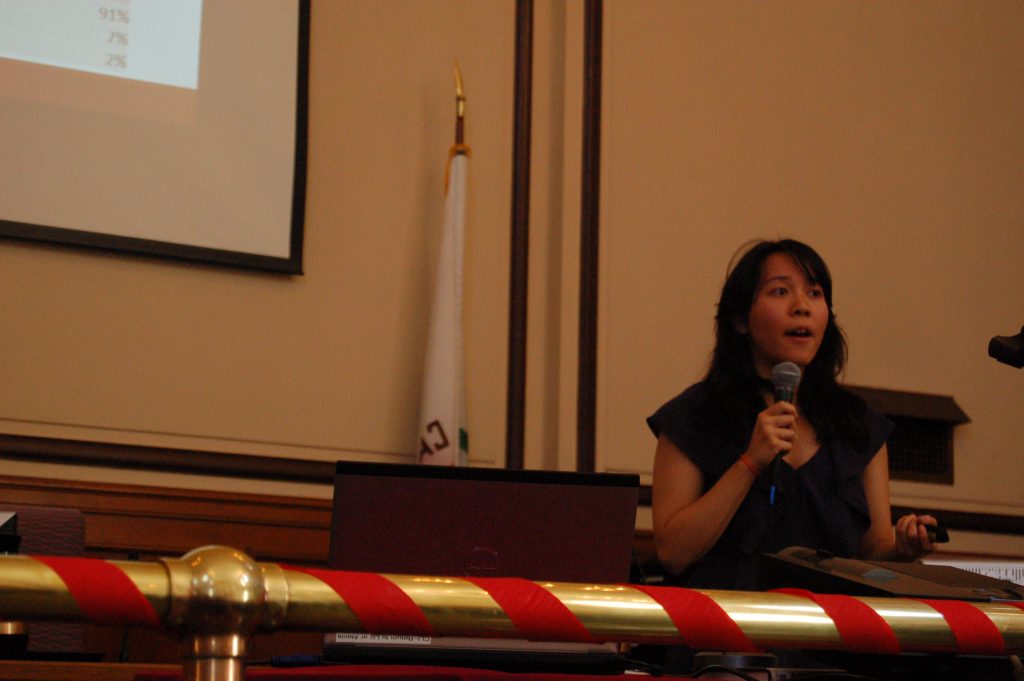
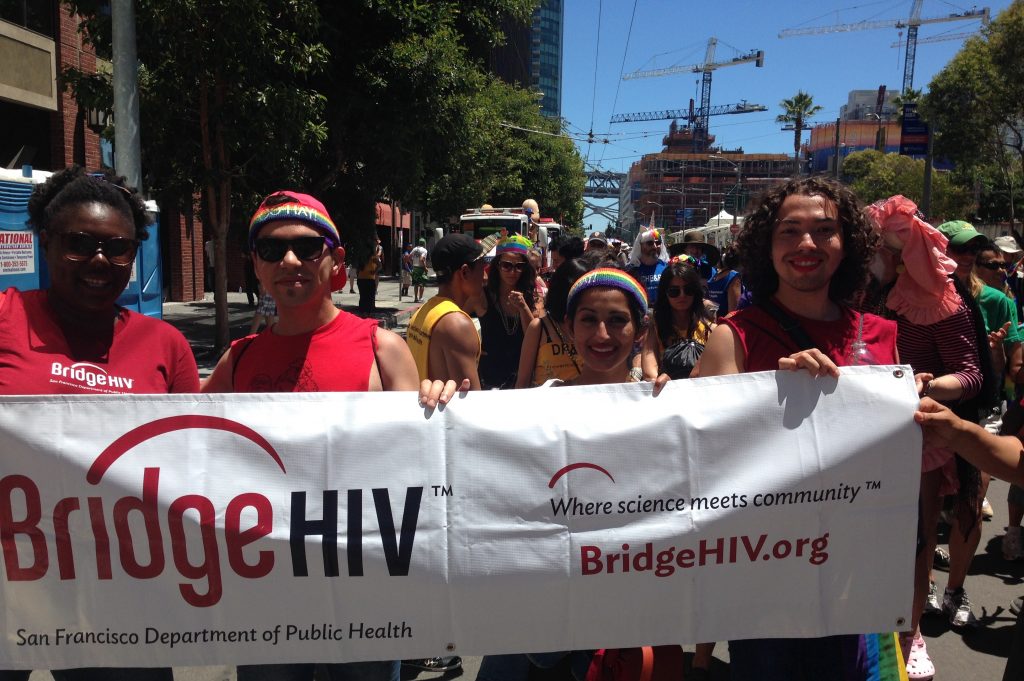
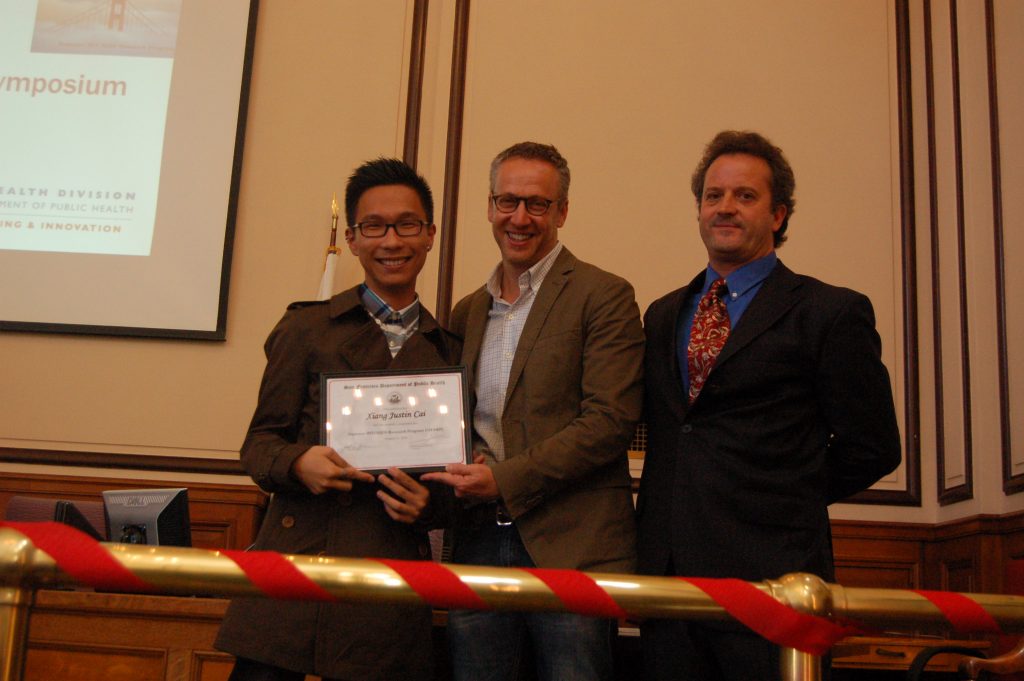
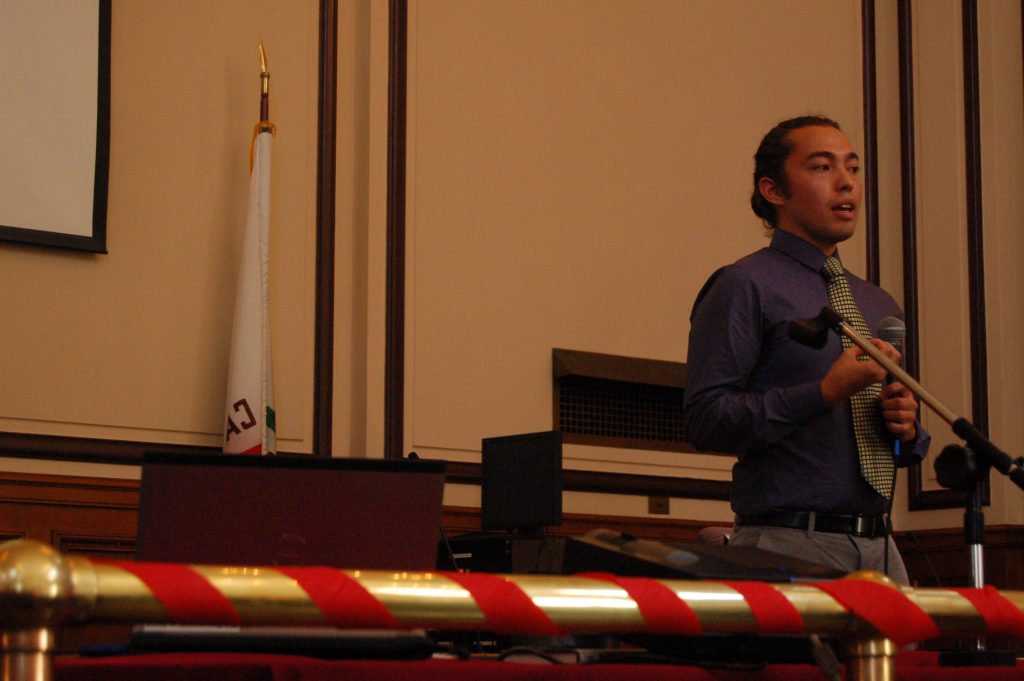
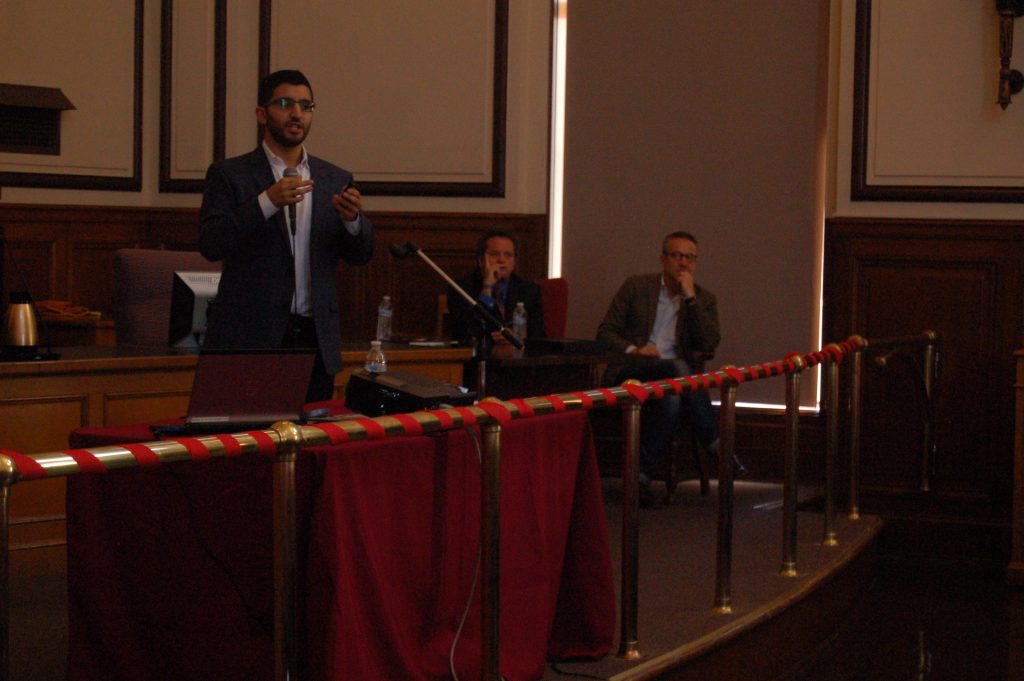
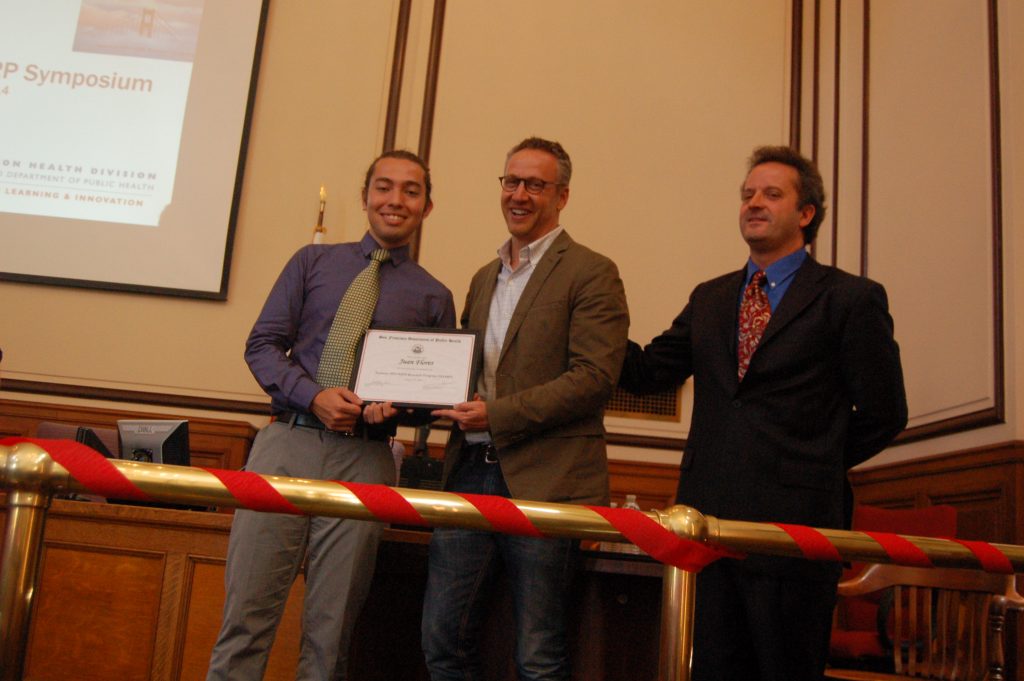
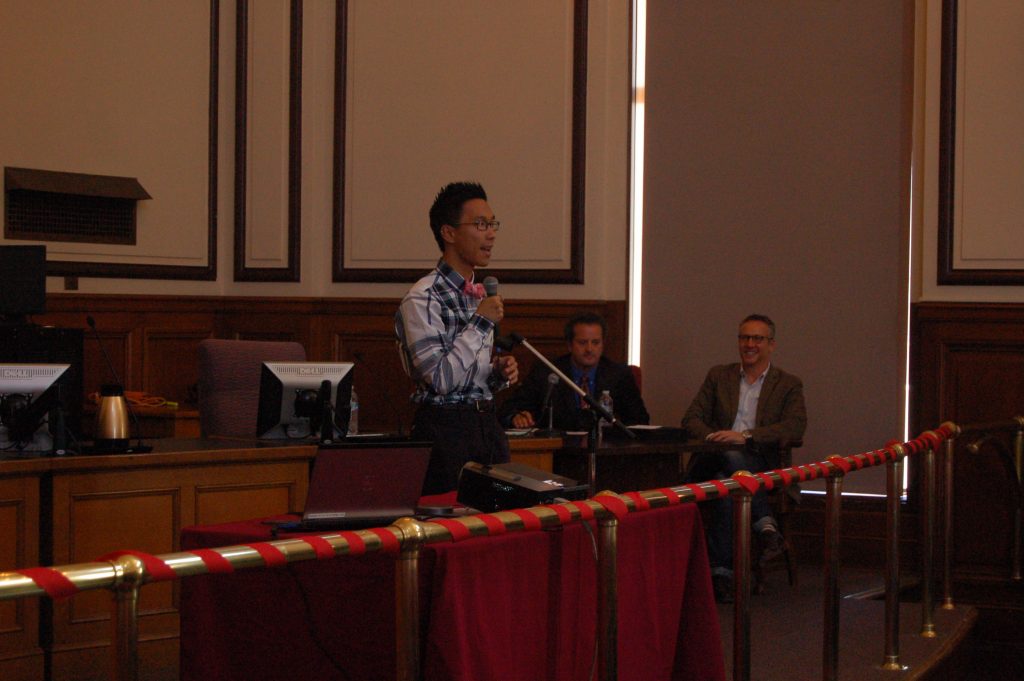
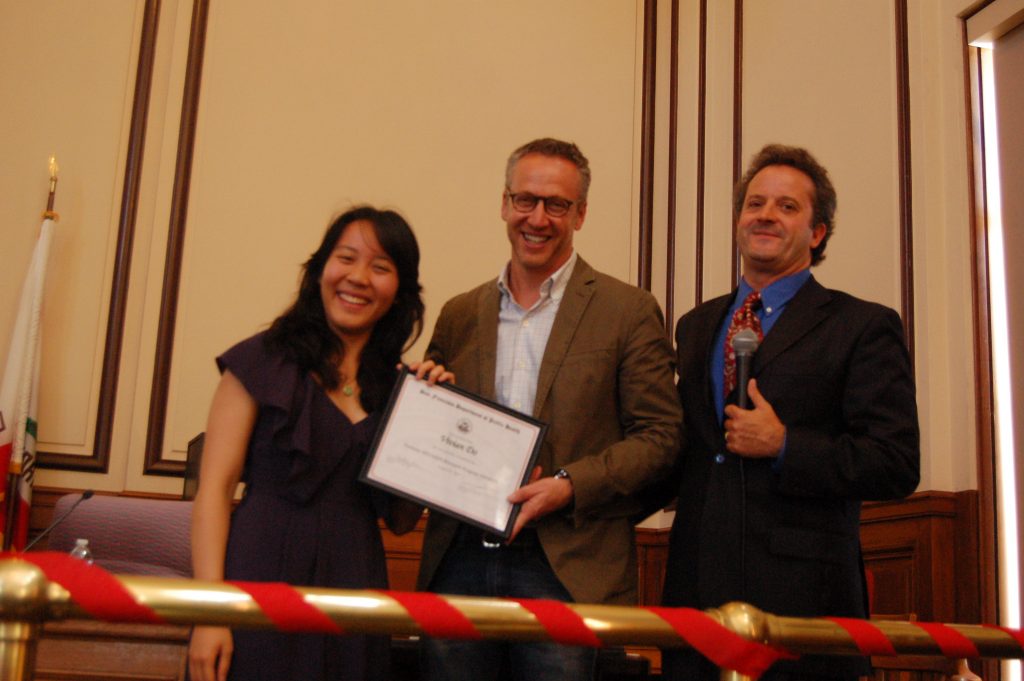
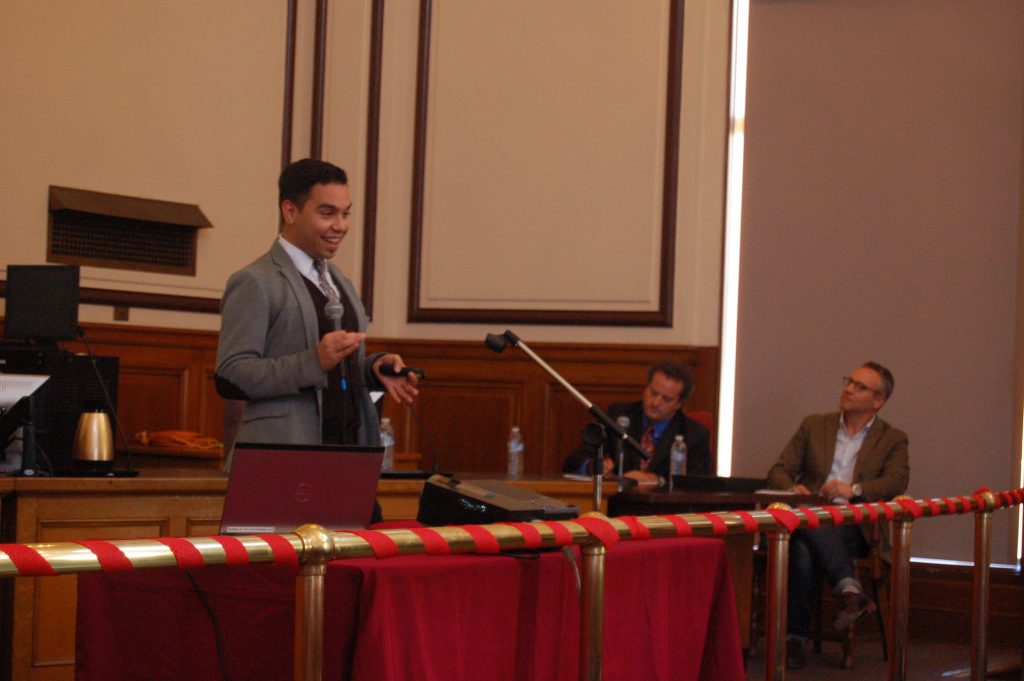
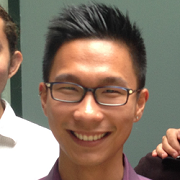 Xiang (Justin) Cai is a rising senior at Boston University studying Psychology. As a SHARP scholar, Justin worked closely with Dr Erin Wilson and Sean Arayasirikul. He designed and conducted a qualitative study to explore limitations of Respondent Driven Sampling in recruiting trans*female youths to the SHINE Study. In addition, Justin assisted Dr Galindo to conduct focus groups to explore resiliency factors among trans-Latina participants in the SHINE Study.
Xiang (Justin) Cai is a rising senior at Boston University studying Psychology. As a SHARP scholar, Justin worked closely with Dr Erin Wilson and Sean Arayasirikul. He designed and conducted a qualitative study to explore limitations of Respondent Driven Sampling in recruiting trans*female youths to the SHINE Study. In addition, Justin assisted Dr Galindo to conduct focus groups to explore resiliency factors among trans-Latina participants in the SHINE Study.
After SHARP, Justin will apply to Ph.D programs in Clinical Psychology and MSPH programs during his senior year. He will also conduct an independent research project discovering predictors of mental health disparities among Asian Pacific Islander men who have sex with men.
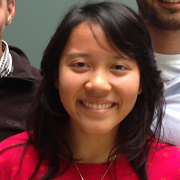 Vivian Do is a rising junior at Carleton College and pursuing a degree in Mathematics/Statistics and American Studies. As a SHARP Scholar, she worked with the Substance Use Research Unit (SURU) and created a dataset about the patient, pharmacist, and primary provider communities to assess the feasibility and acceptability of distributing naloxone in tandem with opioid medication for those on chronic opioids. Vivian collected and analyzed the data set in a quantitative and qualitative manner to understand trends and associations within these communities. She ultimately plans to attend graduate school for Biostatistics and Epidemiology.
Vivian Do is a rising junior at Carleton College and pursuing a degree in Mathematics/Statistics and American Studies. As a SHARP Scholar, she worked with the Substance Use Research Unit (SURU) and created a dataset about the patient, pharmacist, and primary provider communities to assess the feasibility and acceptability of distributing naloxone in tandem with opioid medication for those on chronic opioids. Vivian collected and analyzed the data set in a quantitative and qualitative manner to understand trends and associations within these communities. She ultimately plans to attend graduate school for Biostatistics and Epidemiology.
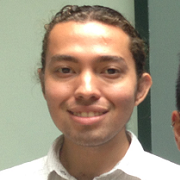 Juan Flores is originally from El Paso, Texas. He recently graduated from Stanford University where he majored in Human Biology with a concentration in Global Health and Infectious Diseases. Last summer he interned at the German Institute for Human Rights in Berlin where he worked closely with a policy adviser on a project that dealt with resource allocation for HIV programs that target sexual and gender minorities in Sub-Saharan Africa. As a SHARP scholar this past summer, he analyzed data from an international sample of MSM, looking at accessibility and utilization of substance abuse treatment and needle exchange programs. During his time here he honed his skills in epidemiological research before attending Columbia University to pursue an MPH in Health Policy & Management with a Certificate in Infectious Disease Epidemiology. There, he hopes to pursue his interests in HIV-related work, at the intersection of epidemiology and health policy.
Juan Flores is originally from El Paso, Texas. He recently graduated from Stanford University where he majored in Human Biology with a concentration in Global Health and Infectious Diseases. Last summer he interned at the German Institute for Human Rights in Berlin where he worked closely with a policy adviser on a project that dealt with resource allocation for HIV programs that target sexual and gender minorities in Sub-Saharan Africa. As a SHARP scholar this past summer, he analyzed data from an international sample of MSM, looking at accessibility and utilization of substance abuse treatment and needle exchange programs. During his time here he honed his skills in epidemiological research before attending Columbia University to pursue an MPH in Health Policy & Management with a Certificate in Infectious Disease Epidemiology. There, he hopes to pursue his interests in HIV-related work, at the intersection of epidemiology and health policy.
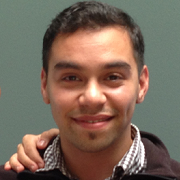 Rafael Gonzalez will be completing his transfer prerequisites at City College of San Francisco and will be transferring to San Francisco State University as a rising junior majoring in Psychology. As a SHARP scholar, Rafael worked on The EPIC study (Enhancing PrEP in Communities), which is exploring factors that influence adherence and risk behaviors in a pre-exposure prophylaxis (PrEP) Demonstration Project in San Francisco, Miami, and Washington DC. He assisted in developing and piloting components of the intervention through conducting follow-up surveys with previous PrEP Demo participants to track post-study PrEP access and use. Additionally, he analyzed a Health Care Provider Questionnaire’s regarding attitudes and perceptions to prescribe PrEP in the Bay Area.
Rafael Gonzalez will be completing his transfer prerequisites at City College of San Francisco and will be transferring to San Francisco State University as a rising junior majoring in Psychology. As a SHARP scholar, Rafael worked on The EPIC study (Enhancing PrEP in Communities), which is exploring factors that influence adherence and risk behaviors in a pre-exposure prophylaxis (PrEP) Demonstration Project in San Francisco, Miami, and Washington DC. He assisted in developing and piloting components of the intervention through conducting follow-up surveys with previous PrEP Demo participants to track post-study PrEP access and use. Additionally, he analyzed a Health Care Provider Questionnaire’s regarding attitudes and perceptions to prescribe PrEP in the Bay Area.
After completing SHARP, Rafael will continue his Bachelors Degree while working as a clinical studies recruiter and community educator at Bridge HIV. His long-term goal is to obtain a DrPH or a PhD in Clinical Psychology or Health Psychology. Rafael is hoping to understand the different paths that can potentially lead him to conduct research, policy work and clinical work in fields related to reducing risky sexual behaviors as well as HIV prevention and treatment, palliative care and gerontology.
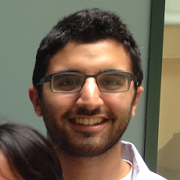 Redha Qabazard is a senior at the University of California, Berkeley pursuing a degree in Integrative Biology and Public Policy. As a SHARP Scholar, Redha led an effort with the Center for Public Health Research to estimate the size of San Francisco’s adult trans*women population. He performed an independent review of common population size estimation methods used in public health research. Realizing that the estimation process is just as critical as the final estimate, Redha highlighted key features of these methods and proceeded to catalogue certain biases that arise from improper implementation and execution. Redha will use his findings to advocate for the allocation of public health resources for trans*women physical, social and mental health programs. He plans to pursue graduate training in medicine and epidemiology in order to forge a career in global health research and planning.
Redha Qabazard is a senior at the University of California, Berkeley pursuing a degree in Integrative Biology and Public Policy. As a SHARP Scholar, Redha led an effort with the Center for Public Health Research to estimate the size of San Francisco’s adult trans*women population. He performed an independent review of common population size estimation methods used in public health research. Realizing that the estimation process is just as critical as the final estimate, Redha highlighted key features of these methods and proceeded to catalogue certain biases that arise from improper implementation and execution. Redha will use his findings to advocate for the allocation of public health resources for trans*women physical, social and mental health programs. He plans to pursue graduate training in medicine and epidemiology in order to forge a career in global health research and planning.
